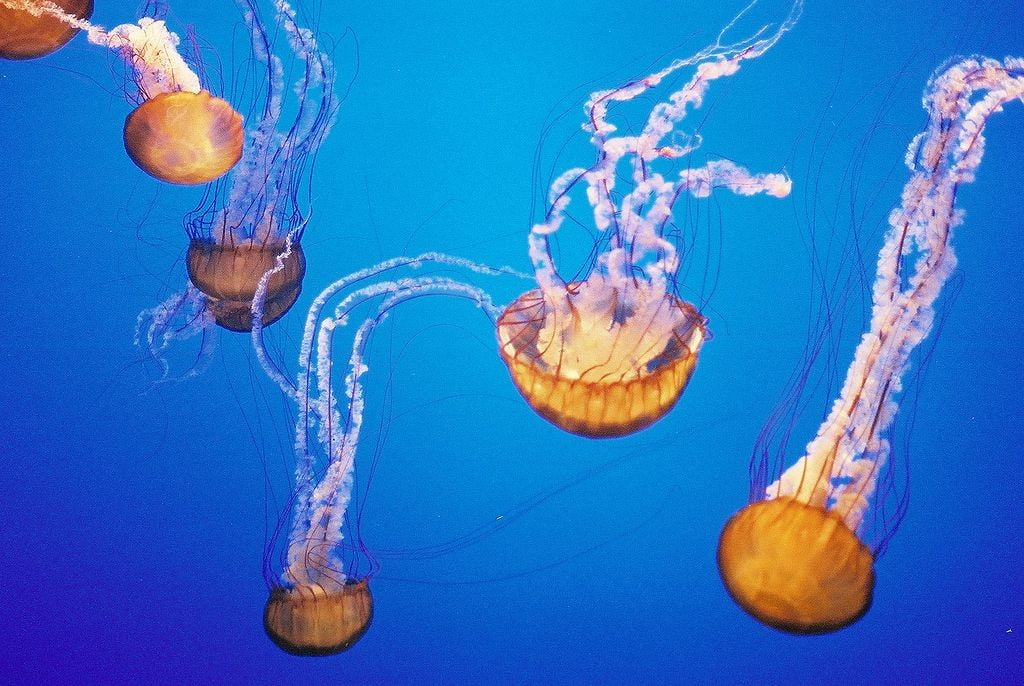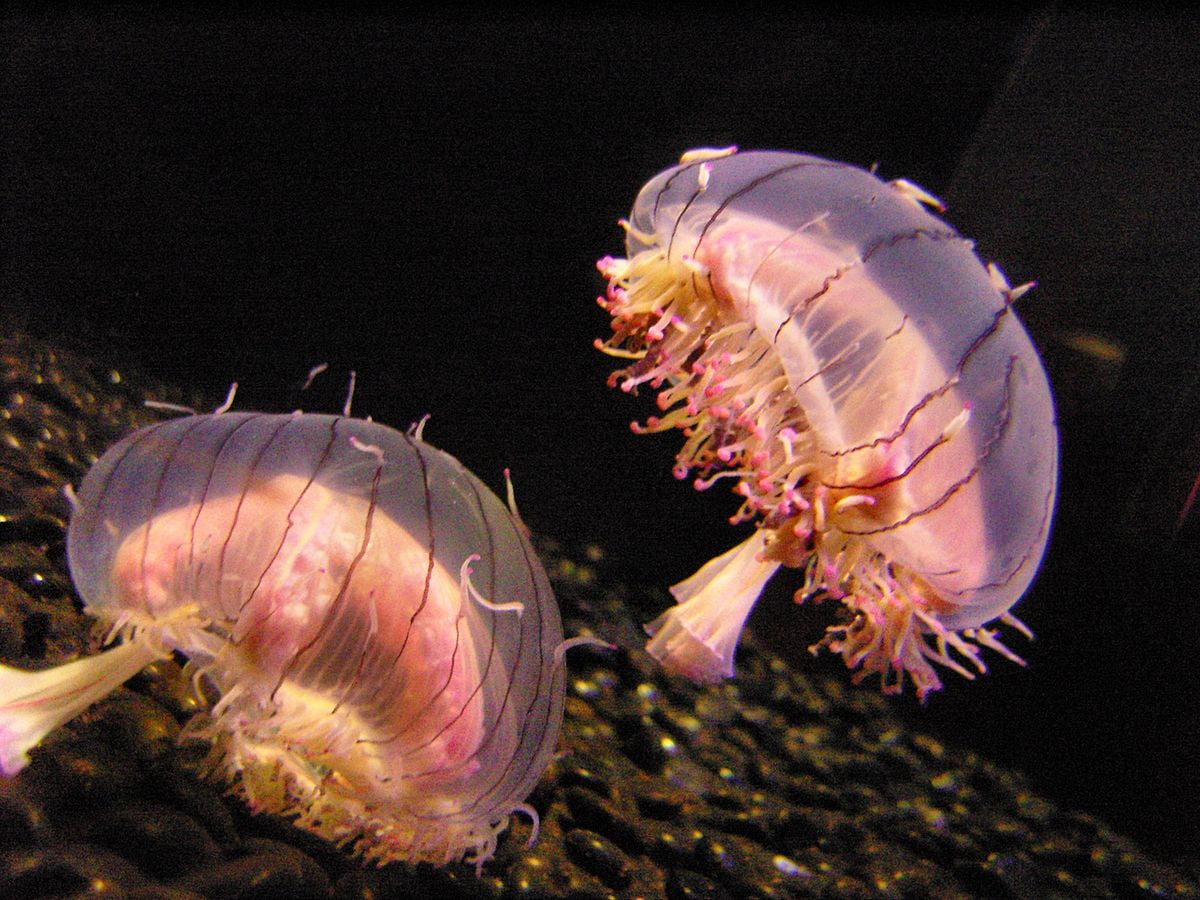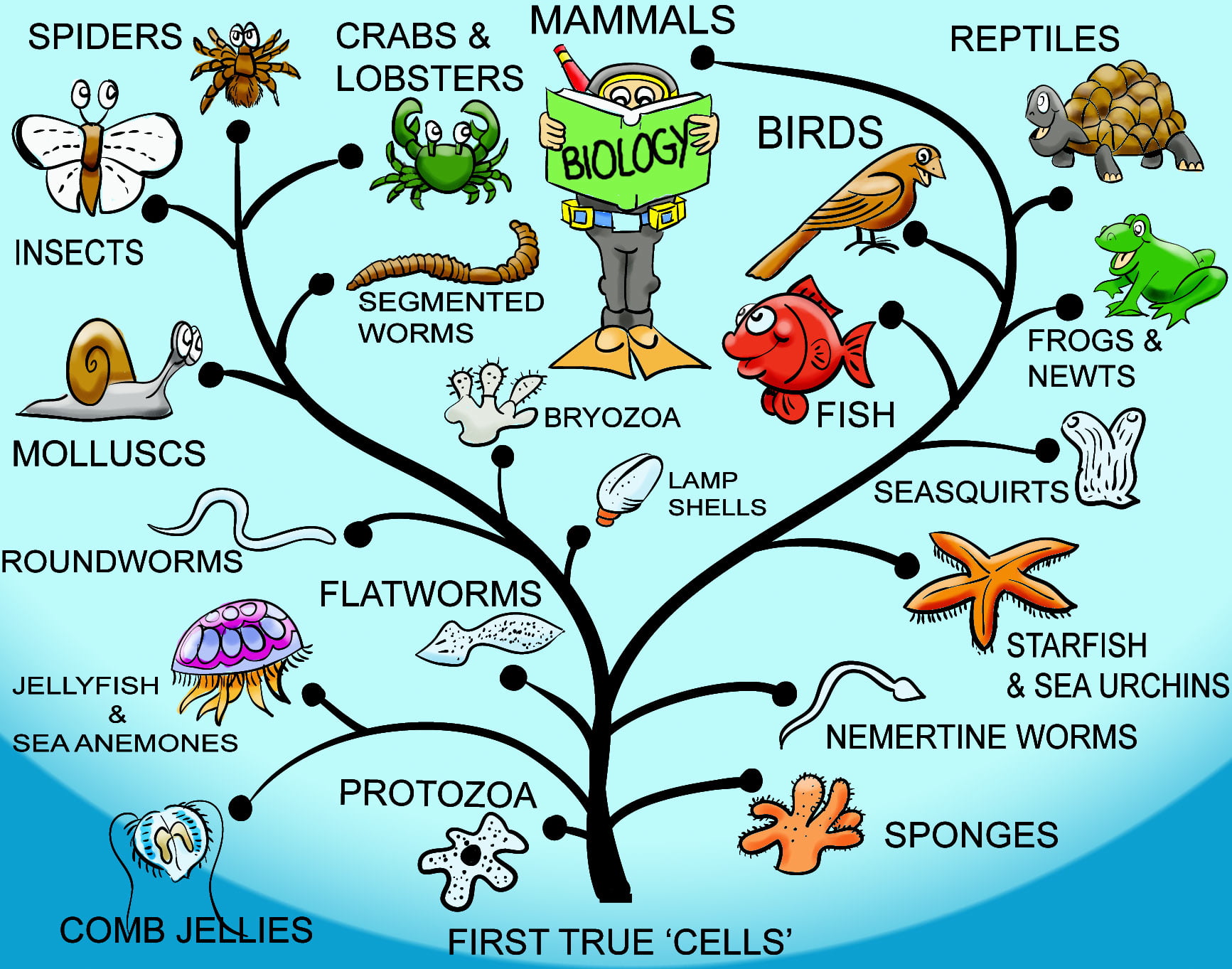Children are taught that all living organisms — animals, plants, fungi, bacteria and unicellular organisms — belong to unique categories of organic life. But a new discovery by Israeli researchers could redefine the very criteria used to classify organisms.
Possibly changing everything we know about animals, Tel Aviv University researchers, along with an international team of experts, have found that a microscopic parasite called myxozoa, known to infect a host of organisms (invertebrate and vertebrate), is in fact a close cousin of the jellyfish.
Why is this so important? Because these parasites have become so physically degenerate that they reverted to being single cells with the smallest genome known so far – a significant finding in evolutionary studies.
SEE ALSO: Israeli Diver-Photographer Wins Prestigious Underwater Picture Award
Despite the radical changes in its body structure and genome over millions of years, the myxozoa have retained some of the basic characteristics of the jellyfish, including the essential genes to produce jellyfish stings.
“The myxozoa are microscopic — only a few cells measuring 10 to 20 microns across — and therefore biologists assumed that they were single-celled organisms,” TAU’s Prof. Dorothée Huchon said in a statement. “But when we sequenced their DNA, we discovered the genome of an extremely strange macroscopic marine animal.”
“These micro-jellyfish expand our basic understanding of what makes up an animal”
The study, co-authored by Huchon and her colleagues Prof. Arik Diamant of Israel’s National Center for Mariculture and Prof. Hervé Philippe of the Centre National de la Recherche Scientifique in France, was recently published in the scientific journal Proceedings of the National Academy of Scientists.
Sign up for our free weekly newsletter
SubscribeHuchon summarizes the importance of the study’s findings: “These micro-jellyfish expand our basic understanding of what makes up an animal,” Huchon said.
SEE ALSO: Study Shows Sunscreen Destroys Coral Reef
The discovery of the genetic relationship poses intriguing questions for evolutionary biologists, but the new study may also have commercial applications, because myxozoa commonly plague commercial fish stock such as trout and salmon.
“Some myxozoa cause a neurological problem in salmon called whirling disease,” Huchon explains. “These fish parasites cause tremendous damage to the fish industry, and unfortunately there is no general treatment against them. We hope that our data will lead to a better understanding of the biology of these organisms and the development of more effective drugs to fight against myxozoa.”
The scientists are currently studying the evolution of genes that form the stinging organ of jellyfish. Perhaps their research could also yield an effective treatment for jellyfish stings!
Photos and infographics: Tom Hodgkinson; Fred Hsu; Spindrift Press
Related posts

Resilient And Nutritious New Plant-Based Milk Aims To Make A Splash

Chocolate From Cultivated Cocoa Comes Without Environmental Toll

Plastic Fantastic: Startup Takes PVC Back To Its Crude Oil Roots






Facebook comments